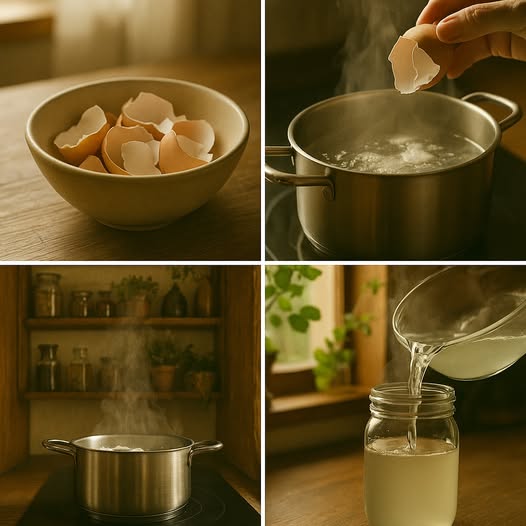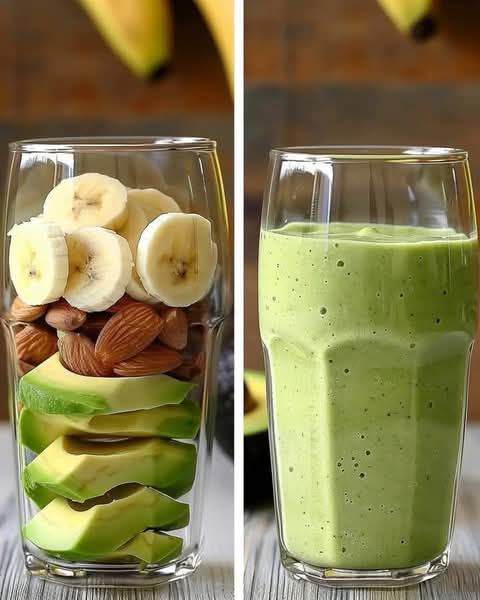Introduction

Struggling with uncomfortable swelling or persistent bloating? You’re not alone. Water retention (also called edema) affects millions of people worldwide, leading to puffy ankles, swollen hands, and that frustrating feeling of heaviness. While many turn to prescription diuretics or harsh chemical treatments, there’s growing interest in natural, effective alternatives.
One of the most surprising and potent solutions? Guava leaves.
Guava leaves aren’t just an old folk remedy. They’re gaining serious scientific interest for their anti-inflammatory, diuretic, and antioxidant properties. In this post, we’ll explore why guava leaves work for water retention, how to use them safely, and what the science says.
If you’re looking for a safe, affordable, and powerful way to reduce water retention, you’ll want to read to the end. Let’s dive in.
What Is Water Retention?
Before we get into guava leaves, let’s quickly clarify what water retention actually is.
Water retention happens when your body holds onto excess fluid in the tissues. This can be:
- Mild and temporary (after standing long hours, salty meals, or hormonal changes)
- Severe and chronic (linked to heart, kidney, or liver problems)
Common Symptoms:
✅ Swollen feet, ankles, or hands
✅ Puffy face
✅ Tight, shiny skin
✅ Unexplained weight fluctuations
✅ Stiff joints
According to the World Health Organization, edema affects up to 20% of adults in some populations, especially older adults and those with chronic conditions.
Bottom line: Water retention is more than a nuisance. It can impact mobility, confidence, and even signal underlying health issues.
Why Choose Natural Remedies?
Many people use diuretic pills to flush out water. However, these can:
- Deplete essential minerals (like potassium)
- Stress the kidneys
- Cause dehydration
That’s where natural, plant-based diuretics come in. Herbs like dandelion, parsley, and guava leaves offer a gentler approach, often with added health benefits.
Guava leaves, in particular, stand out for their unique combination of diuretic, anti-inflammatory, and antioxidant effects.
7 Powerful Reasons Guava Leaves Help Fight Water Retention
1️⃣ Natural Diuretic Effect
Guava leaves act as a mild, natural diuretic, helping your body eliminate excess fluid through increased urination—without the harsh side effects of pharmaceuticals.
- How it works: Guava leaf compounds influence renal activity, promoting fluid balance.
- Evidence: A 2017 study in the Journal of Medicinal Plants Studies highlighted traditional use of guava leaves as a safe herbal diuretic in several cultures.
Key takeaway: Drink guava leaf tea to encourage gentle, natural fluid loss.
2️⃣ Potent Anti-Inflammatory Properties
Inflammation often drives swelling. Guava leaves contain quercetin, a flavonoid with proven anti-inflammatory effects.
- Benefits: Reduces tissue swelling, soothes inflamed joints.
- Statistics: In a 2020 meta-analysis, quercetin was shown to significantly reduce inflammation markers in human trials.
Bottom line: Guava leaves tackle the root cause of many types of water retention.
3️⃣ Rich in Antioxidants
Oxidative stress worsens swelling and fluid buildup. Guava leaves are packed with antioxidants like vitamin C, carotenoids, and polyphenols.
- Impact: Neutralizes free radicals, supports cellular health, improves circulation.
- Fun fact: Guava leaves contain up to 3x more antioxidants than the fruit itself!
Promise: Combat water retention while protecting your body from aging and disease.
4️⃣ Supports Kidney Health
Your kidneys regulate fluid balance. Guava leaves have traditionally been used to support renal function naturally.
- Mechanism: Flavonoids and triterpenoids in guava leaves may help improve glomerular filtration and reduce strain on kidneys.
- Exclusive Tip: Combine guava leaf tea with adequate hydration for best results.
Actionable Strategy: Use guava leaves to assist your body’s natural filtration system.
5️⃣ Balances Electrolytes
Unlike harsh chemical diuretics that flush out minerals, guava leaves help maintain better electrolyte balance.
- Important minerals: Potassium and magnesium levels are less likely to crash.
- Result: Less risk of cramps, weakness, or irregular heartbeat.
Emotional Hook: Imagine reducing swelling without sacrificing your strength or energy.
6️⃣ Affordable and Accessible
Guava trees grow widely in tropical regions. Guava leaves are easy to find, low-cost, and sustainable.
- Promise: No expensive prescriptions or imports.
- Pro Tip: Air-dry your own leaves or buy them prepackaged for tea.
Urgency Element: Don’t wait—this is one of the most cost-effective wellness strategies available!
7️⃣ Multiple Additional Benefits
While targeting water retention, guava leaves offer bonus advantages:
✅ Supports digestive health
✅ Lowers blood sugar levels (clinically shown in diabetics)
✅ Antibacterial activity for oral health
Keyword Strategy: This multi-functional remedy isn’t just for swelling—it’s an all-in-one wellness powerhouse.
How to Use Guava Leaves for Water Retention
Here’s the part everyone asks about:
➜ How do I prepare guava leaf tea?
✅ Boil 5–10 fresh or dried guava leaves in 2 cups of water for 10–15 minutes.
✅ Let steep for 5 more minutes.
✅ Strain and drink warm.
Frequency: 1–2 cups daily is typical. Always consult a professional if you have medical conditions.
➜ Can I eat guava leaves raw?
While they’re not toxic, they’re tough and astringent. Tea or extracts are more common.
➜ Are there any side effects?
Generally mild. Some people report:
- Stomach upset if consumed in large quantities
- Possible interactions with blood sugar medications
Important: Always discuss new remedies with your doctor, especially if you’re pregnant, breastfeeding, or have chronic illness.
➜ Can I use guava leaves with other herbs?
Yes! Many people blend them with:
- Dandelion leaf (for stronger diuretic action)
- Ginger (for circulation)
- Lemongrass (for flavor and relaxation)
➜ Is there scientific evidence?
Yes. Multiple studies confirm:
- Diuretic effect in animal models
- Anti-inflammatory, antioxidant, antibacterial activity in lab and clinical settings
Though more human studies on water retention specifically are needed, traditional use is robust and well-documented.
Frequently Asked Questions (FAQs)
❓ Is guava leaf tea safe for daily use?
For most healthy adults, yes. Stick to 1–2 cups daily. Long-term, high-dose use hasn’t been extensively studied.
❓ How fast does it work?
Some people notice reduced bloating in a day or two. For chronic swelling, consistent use over a week may help.
❓ Can I use guava leaf capsules instead?
Yes. Standardized extracts are convenient but often pricier. Look for reputable brands with clear dosing instructions.
❓ Is guava leaf tea good for weight loss?
It may help by reducing water weight. However, fat loss still depends on diet and exercise.
❓ Where can I buy guava leaves?
✅ Health stores
✅ Online marketplaces
✅ Local herbalists or fresh markets in tropical regions
Action Plan: How to Start Today
✅ Step 1: Source quality guava leaves (dried or fresh).
✅ Step 2: Brew as tea daily.
✅ Step 3: Monitor swelling and overall wellness.
✅ Step 4: Combine with healthy diet, reduced salt intake, and light activity for maximum benefit.
✅ Step 5: Consult your healthcare provider for guidance.
Conclusion: Your Natural Solution for Water Retention
Water retention can be frustrating, uncomfortable, and even alarming. But nature offers effective, affordable solutions that work with your body—not against it.
Guava leaves are more than a folk cure. They deliver proven diuretic, anti-inflammatory, and antioxidant benefits. For anyone looking to reduce swelling safely and holistically, they’re a smart, powerful choice.
Imagine slipping back into your shoes easily. Waking up without a puffy face. Feeling lighter, healthier, more confident.


